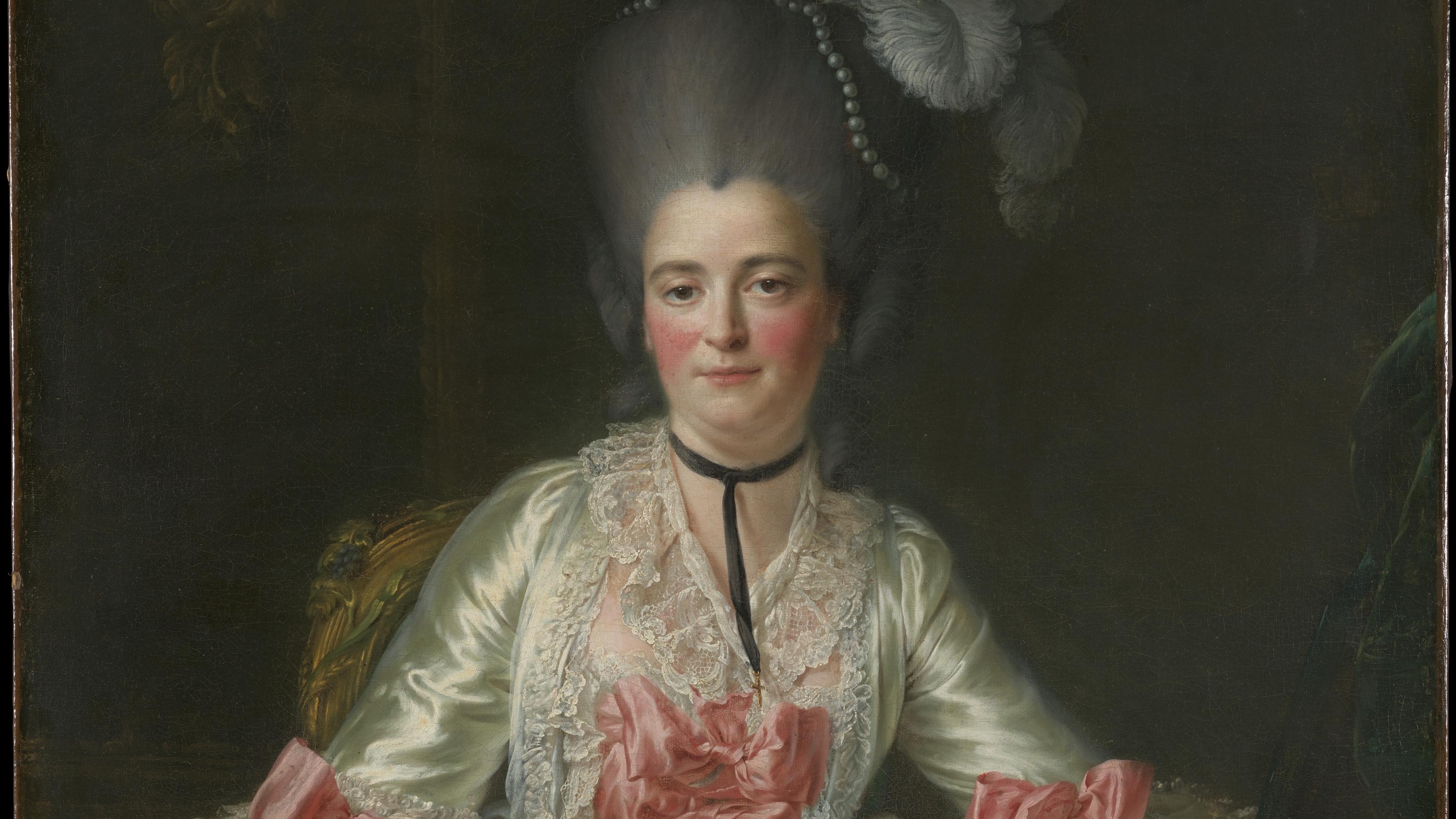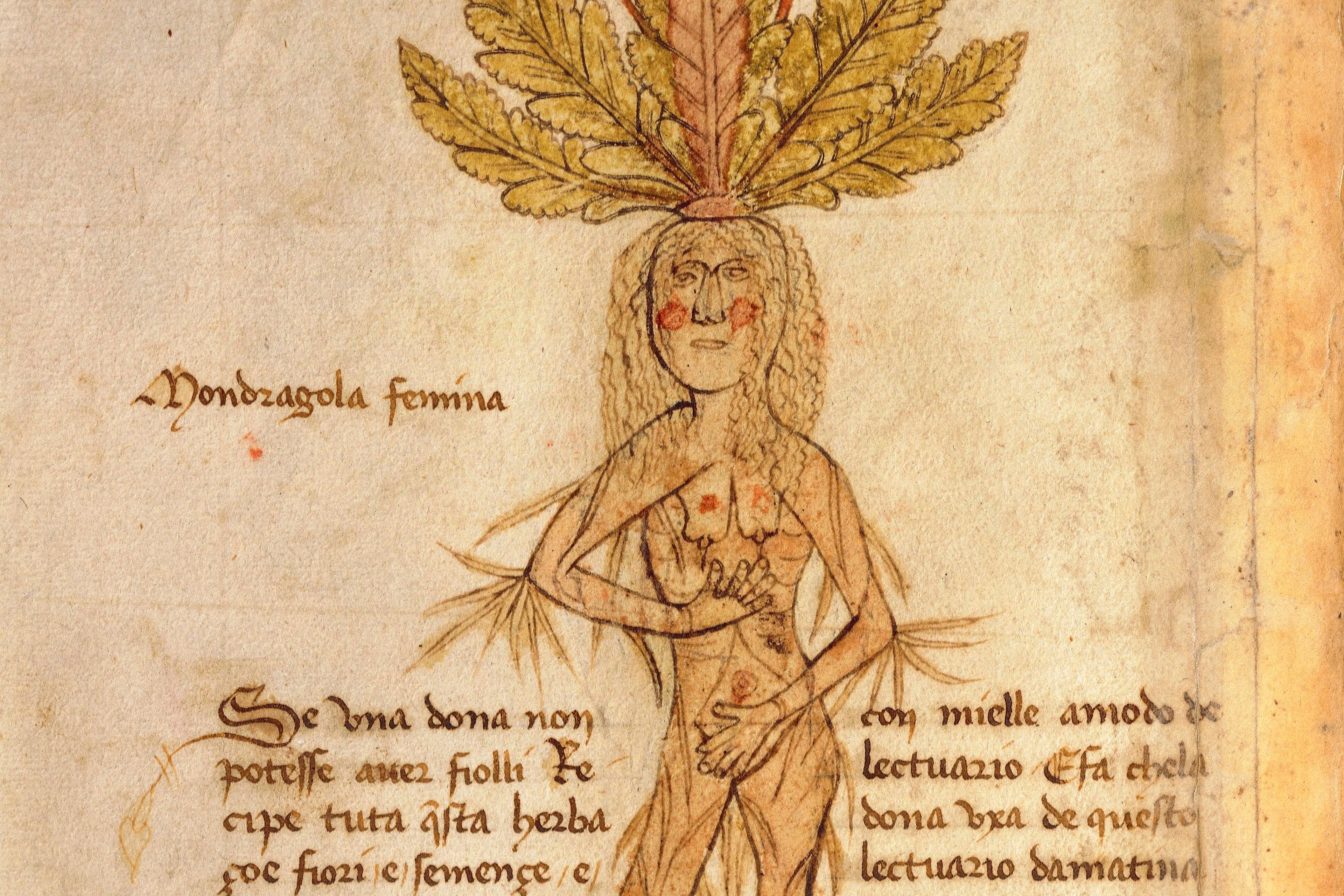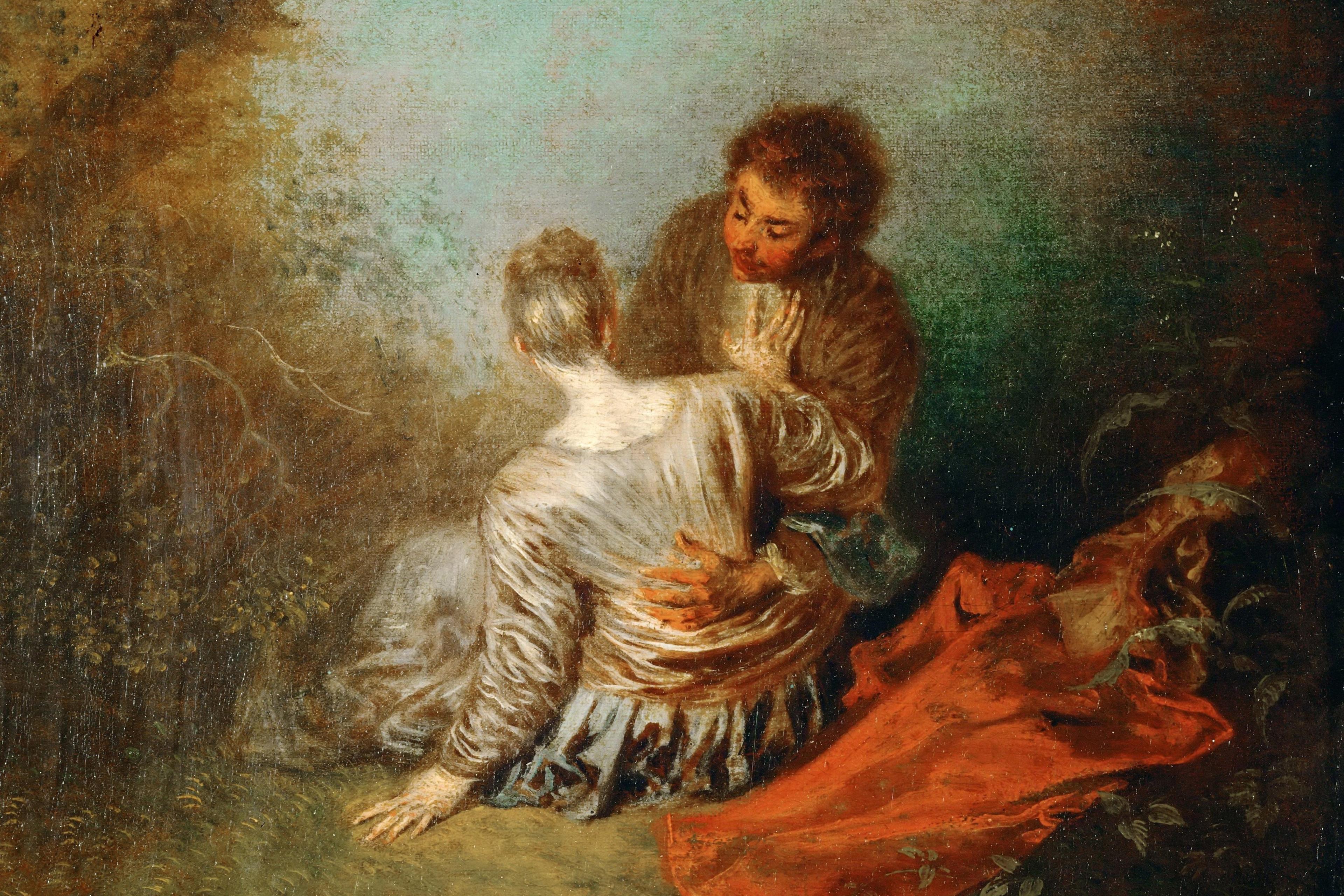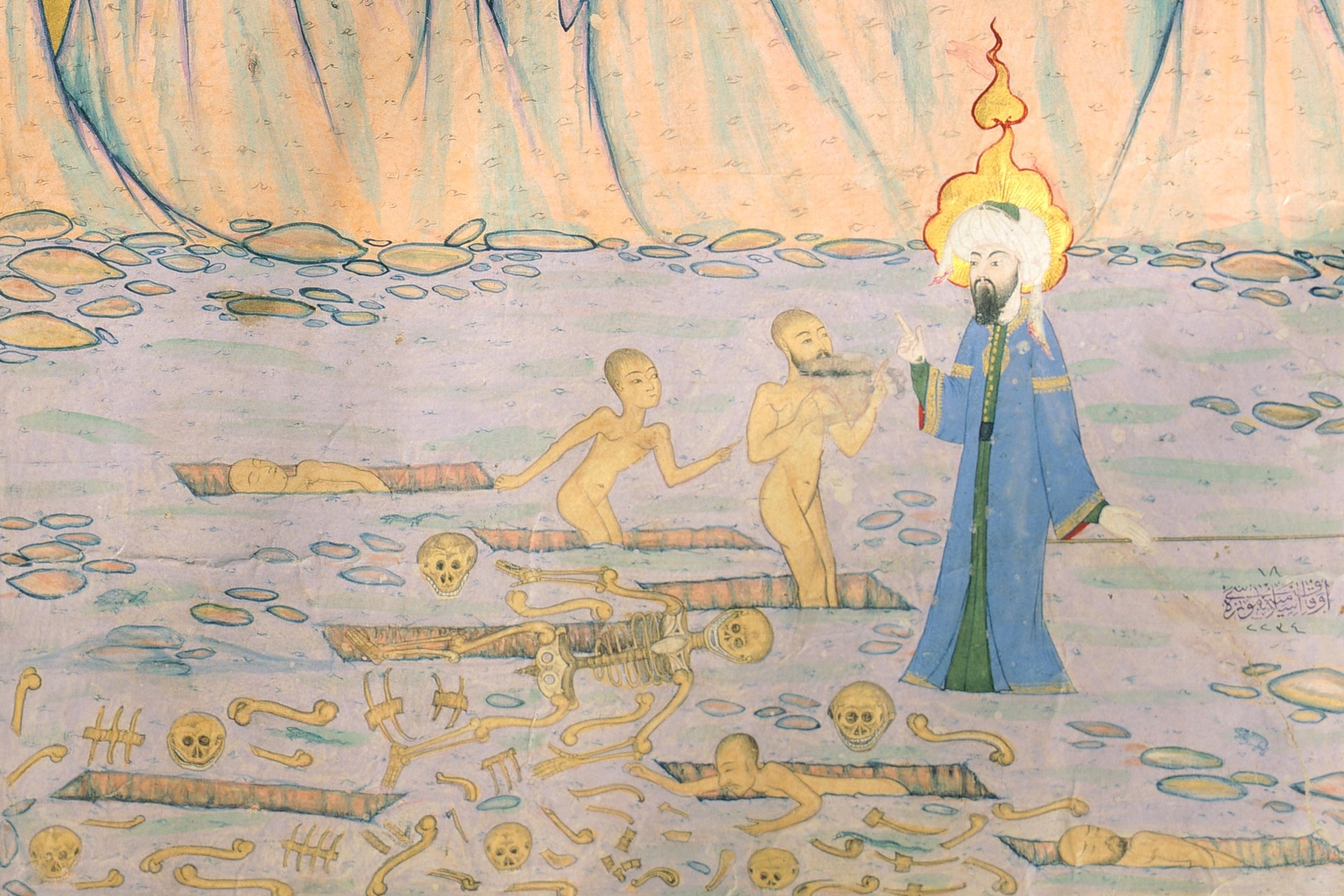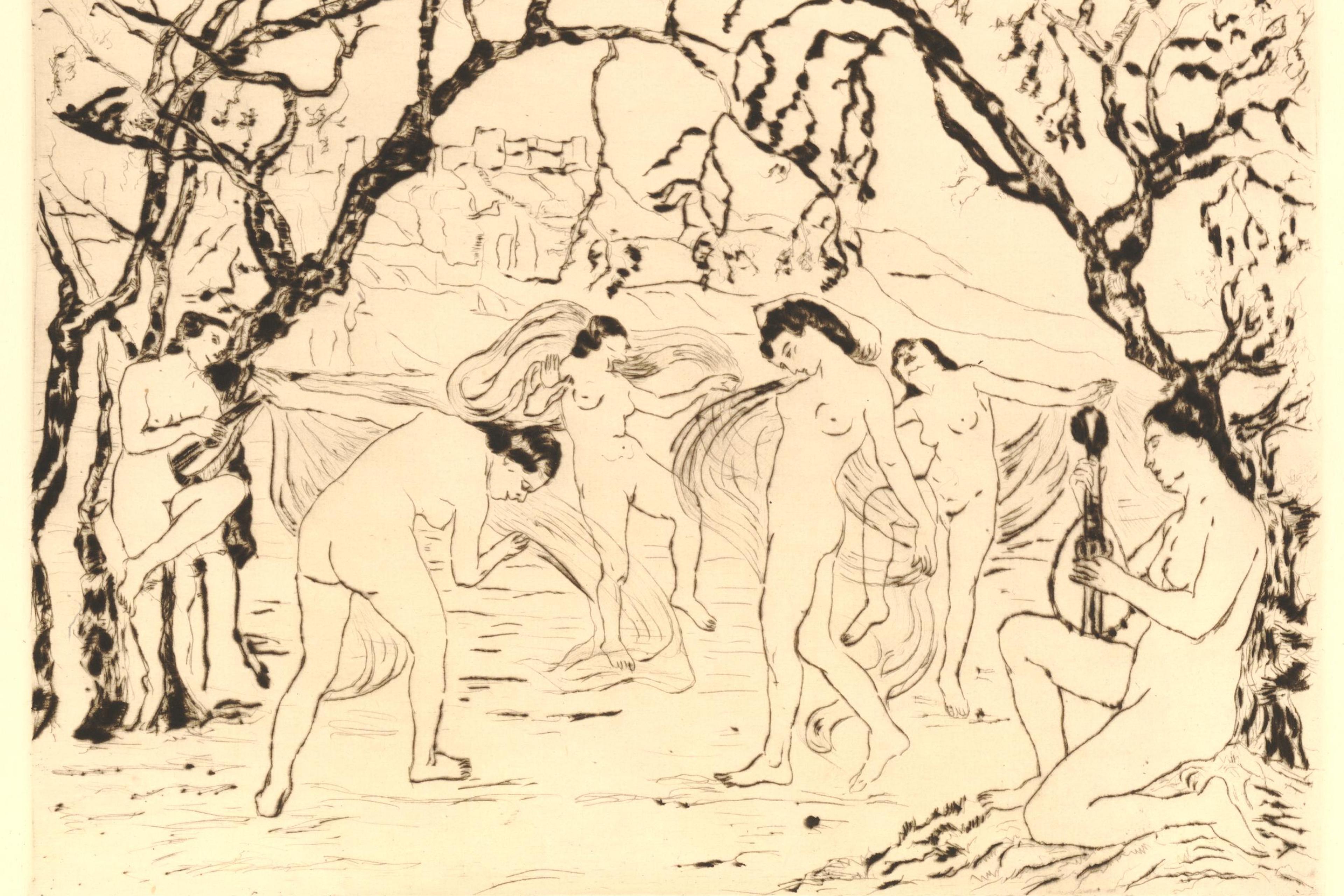Have women in all historical and present cultures suffered the ailments of menopause we know about today? Studies in medical history and anthropology, and cross-cultural medical surveys, indicate wide variability in how women have experienced it globally. Japanese women interviewed in the 1990s described their primary complaint of midlife as shoulder stiffness – not hot flushes. And a 2015 study of British Pakistani women found that those raised in Pakistan were more likely to believe the menopause caused a cough and sore throat, while those raised in the UK were more likely to see it in a range of emotional symptoms. No concept like ‘menopause’ is found in any world health or medical tradition, except in Western biomedicine. And, even in the West, neither physicians nor midwives had much to say about the final cessation of menses before about 1780. So how did the concept originate?
Menopause was first defined by young male university students and their medical professors at the universities of Montpellier and Paris from the end of the 1700s. It was a major topic in France throughout the 19th century, with several hundred books written about it in the emerging new specialisms of hygiene (preventive health), psychiatry, gynaecology, sexology and endocrinology. No other culture was anywhere near as interested in this topic as the French, and even those very few works on menopause appearing in Germany, England and the US during the 19th century borrowed heavily from them. Why were the French in particular so fascinated by menopause?
Menopause was likely invented by the French because of its association with three categories of nervous pathologies that had flourished in medical writing there from the end of the 1600s into the 1800s: the vapours, hysteria, and hypochondria. Nervous diseases, it was thought, were a product of luxury and civilisation: urban life, stale air, sedentary lifeways, overeating, exotic foods and beverages, licentiousness, and corporeal laziness were all to blame. A medical view emerged of urban elite women in modern France as generally more prone to nervous diseases during times of uterine change, including around the final cessation of menses, via ‘sympathies’ of the uterus with the nervous system and the brain.
From the mid-18th century, French doctors began wondering why women were more often ill than men. They also seemed to age faster and more poorly, and were therefore in need of a higher level of care, captured in the concept of health ‘hygiene’ – meaning preventive health. Scholars at the medical faculty of Montpellier thought bodies could heal themselves through the power of the vital force within, so long as the ‘laws of nature’ were obeyed. This meant eating enough but not too much food – mostly of the fresh kind found in peasant diets – breathing fresh air, drinking clean water, having the correct amount of sleep, exercise, and sexual relations; and, for women, bearing multiple children, and avoiding nervous perturbations to which they were thought more sensitive, caused by nightlife, cabarets, gambling, excessive sex, extreme religiosity, licentious novels and hard exercise. When French physicians queried older peasant women about their cessation of menses, they were met with blank looks or laughter, since the very idea that simply being old enough to gain relief from menstruation and childbirth made one sick was completely alien and nonsensical to them. Medical theses produced between 1799 and 1840 developed a rich ‘hygienic’ discourse, advising urban women to mimic peasant diets and lifeways to avoid the ravages of menopause and enjoy a healthy ageing.
Ironically, it was also around this same time that demographers throughout Europe recognised that more women than men were living into old age. It might be expected that this recognition of women’s greater longevity would constrain the negative views of their ageing in modern biomedicine. But it was not so. French medicine was unusually interested in menopause and viewed it as a time of health crisis for women.
French menopause likely also owed some of its emergence to the French Revolution of 1789. In the period of crisis, rupture, chaos, competition and the collapse of tradition following the Revolution, the first specialist French medical theses were written on women’s final cessation of menses, depicting it as a sort of ‘revolution’ in the female life cycle. Central to such ideas was the vitalist view of women’s nature espoused in Montpellier, which characterised all menstrual changes as ‘critical times’. This was a view of crisis as a form of positive adaptation of the organism to a new mode of vital organisation.
Psychiatrists characterised many forms of older women’s sexuality as perverse and degenerate
In post-revolutionary Paris, doctors invented a new word, la ménopause, that signalled their identity as new scientific moderns. Medical theses on women’s ‘critical age’ flourished in Montpellier over the four decades following Charles-Paul-Louis de Gardanne’s thesis and other Paris works after 1812. Paris scholars responded in turn with a flood of new works focused on menopause throughout the period between 1813 and 1865, nearly one every year. Menopause became a topic addressed both in general medical texts and featured in several emerging medical specialisms: psychiatry, gynaecology and endocrinology were all enabled in their early development by studies of menopausal women.
French psychiatry between 1850 and 1912 was significant both in increasing the cultural stigma associated with menopause, and in developing medical rationales about the need to treat it. Psychiatrists were entranced by the notion of women’s generative organs exerting a negative ‘sympathetic’ influence on their nervous systems and minds, and with the idea that moments of reproductive change – puberty, pregnancy, childbirth, lactation, menstruation, and menopause – produced madness, effectively accounting for most of women’s lives between the end of childhood and old age. They also characterised many forms of older women’s sexuality as perverse and degenerate, inventing a new concept of menopausal ‘erotomania’ (excessive sexual desire). Women who preferred to be naked in their homes, who masturbated, had younger lovers, or engaged in exhibitionism were all diagnosed with this pathology and confined to insane asylums.
By the 1850s, women too began authoring medical works and health advice manuals that mentioned menopause, even though they were excluded from the title of doctor until 1875. While these works clearly demonstrate engagement with men’s medical works on menopause, mostly they viewed menopause as a natural life-phase that required no special treatment, compared with the works authored by men.
In the early 20th century, women conducted research studies on the diseases of women’s ageing, after they were permitted to enter the medical profession. There was a distinctly less catastrophising and generalising tone. They addressed serious diseases such as uterine cancer, or worrying symptoms such as haemorrhagic bleeding, but did not see these as problems for all women whose menses was ceasing. Sage voices had long criticised the practice of lumping all women’s experiences of midlife and old age into the container of menopause. Some women doctors argued that the concept of menopause was itself a risk to women’s health, producing an ‘auto-suggestion’, or nocebo effect that they would be better to avoid and simply take good care of their minds and bodies, or even embark on a quest for spiritual insight instead.
The generation of educated women born in the second half of the 19th century, reaching midlife between 1880 and 1930, were heavily exposed to the medical concepts of their menopause. But they were also warned not to worry about it, because that too would make them sick! Other kinds of women creative writers, who were not medical researchers, doctors or midwives, such as the Countess of Tramar, the actress Yvette Guilbert, the novelist Colette and others, responded to medical discourses about them during the period of French medical fascination with women’s reproductive ageing. Their original views of growing older in this time when women’s intelligence and potential were often denigrated indicate that the medical concept of menopause was of minimal use to them in understanding either their physical experiences, or how they could overcome prevailing gender norms and disadvantages.
The rise of gynaecological surgery after the 1870s produced an important surge of international research and intercultural communication between medical scholars with an interest in menopausal women’s reproductive organs. Women in their 40s and 50s with common benign uterine and ovarian tumours and cysts were now seen by some surgeons in both France and England as important targets for the experimental development of new surgeries of the abdomen (laparotomy). In French medicine, the uterus and ovaries had long been viewed as monstrous and troublesome throughout women’s lifespan, though for young women necessary for conception. Today, almost one-third of women in North America and only slightly lower numbers elsewhere are hysterectomised by the age of 60, with the majority of such surgeries performed for the treatment of non-cancerous conditions for which alternative surgeries are often possible.
Current medical practices bear the legacies of their historical pasts
The concept of menopause did not come from women themselves but rather from medical men for whom it served as a useful and generative case-example. It was a tool for biomedical reformulations of treatment practices and for the conceptual separation of morbidity from mortality; it was a teaching device for male medical students learning the new mechanistic approach to women’s health; it was a weapon with which to fight other doctors, medical faculties and rival health traditions, as well as a pathway for new medical disciplines such as hygiene, psychiatry, gynaecological surgery and emergent endocrinology – to expand patient markets, develop theoretical precepts and refine clinical skills.
Current medical practices have often been observed to bear the legacies of their historical pasts, making the history of medicine crucial for informing improvements in health policy and equity. The French invention of menopause tells us both that important observations in medicine can largely be forgotten, but also that scientific studies of specific types of people designed without involving them can produce misguided views and contribute to cultural stigmas, rather than serving scientific discovery.
The French pathologisation of menopause informed the 20th-century view of women as too different to include in clinical trials on account of their uterine exceptionalism, which continues to hamper current scientific knowledge of gendered diseases and drug responses. More women than ever now live to an age when they will see their menses cease, so there is increased interest in menopause and new forms of representation about it. But there is also a massive growth in the marketing of products and services designed to extract profits from women in midlife by promoting worry about their ageing and promising false remedies for all their life challenges. Just like French doctors in the 19th century, commercial entities today hold a vested interest in the idea that menopause is a time of crisis and revolution – something we necessarily need to treat through specific interventions that target it.
